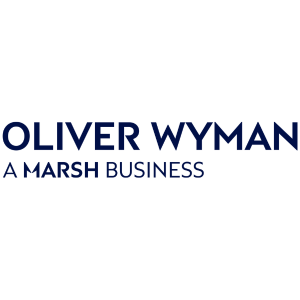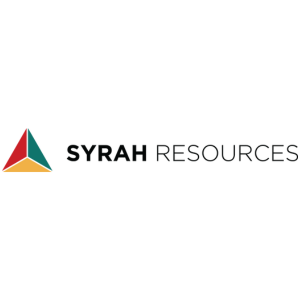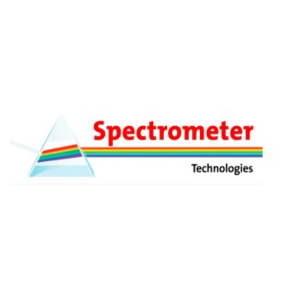An exclusive interview with Dr Stacy Hope
|
|
.png) |
She is currently consulting and advising various UN agencies, and sits on the Actions for the Development of Africa advisory board, where she focuses on strengthening gender inclusivity within artisanal and small-scale mining, aligning programme strategy with the UN SDGs, and developing ESG frameworks within the corporate strategy.
What made you choose Women in Mining UK?
Having just finished my PhD in Social Anthropology in the Amazon amongst indigenous peoples who also practiced artisanal mining, I was very much drawn to understanding the sector from a gendered perspective. When I moved back to the UK, I was invited to attend a Women in Mining UK event. I was invited to volunteer as a member of the Global Outreach Committee (GOC) and, later, Head of GOC. Twelve years since first joining, I have been given the opportunity to continue to drive change as the Managing Director of WIM UK.The mission of WIM UK is essential for the overall success of the industry, but it was its potential to forge greater change, beyond the sector, that drew and anchored me to the organisation. Working for multilaterals, it is my job to support sustainable development and the mining sector is integral to this agenda. If we are going to see progress, and ultimately success, towards the green energy transition, we will need to mine more, not less, and it will need to be done in a way that is sustainable, responsible and efficient. This requires more people to join the mining industry and a diverse set of perspectives, which is why diversity of all kinds is imperative. WIM UK, through our work and our collaboration with other organisations, is at the forefront of making that happen.
What’s your advice for women who want to become a member to Women in Mining UK?
That’s easy – sign up! WIM UK is open to everyone, regardless of gender or location. It is also free to become a member. We are always looking for volunteers, therefore if there are any women reading this who want to work with us, please email [email protected]. Most of our volunteers are based in the UK but the Global Outreach committee has volunteers around the world and the team is currently recruiting for volunteers in Africa and beyond.How does Women in Mining UK help to support the development of sustainable diversity and inclusion of best practices in the global mining industry?
Our initiatives run the gamut, starting with our scholarship and internship programmes, which ensure that women are given the tools to enter and participate within the sector; events and conference partnerships where we ensure women in the sector are visible and active participants in the mining discourse; research and thought leadership to ensure that the business case for equitable female participation is continuously made and strengthened; our partnership with Women on Boards to support women on their journey to become Non-Executive Directors; and through our 100 Global Inspirational Women in Mining publication, where we highlight the outstanding pool of female talent across all jurisdictions and all areas of mining. We are also now looking at how we can push our mandate forward at the policy level. Our partnerships with other organisations around the world and our work with our Foundation and Industry Partners (such as Anglo American, Glencore, World Gold Council, Centamin and Norton Rose Fulbright, among others) are also important in getting the word out that successful DEI programmes are necessary for the mining sector to succeed.What are the main challenges in the mining industry employment and how can women overcome these challenges?
The challenges women in mining face are not much different than those faced by women in other industries – corporate culture that doesn’t value their contributions and stimies their growth, a sense that it’s an “old boys club” and lack of flexibility (among other issues). We should not put the onus on women to overcome these challenges. It is not a question of leaning in or being more confident, but a question of systematic challenges. What we need is decision-makers at mining companies to review their processes and culture to identify how they are creating systematic challenges that obstruct and defeat women (and other minorities). What’s important to remember is that these challenges aren’t just an issue for women but an issue for the entire sector, which means that leaders need to look at these challenges through a business lens.Do you have any advice for women to advance in the mining sector and achieve their career aspirations?
My advice for women who wish to advance is to ask questions, put up their hand for projects that are out of their comfort zone (and say no to the “housekeeping” work women are often tasked with). I would advise that they advocate for themselves – make sure you are expressing your needs at work and getting the support you require to thrive. Women also need to get comfortable taking credit for their work.In addition, I have advice for men: get involved. “Women issues” are not women issues. They affect everyone in the business because more diversity brings more creativity, sustainability and success to a company.
Are there any mentoring opportunities that you recommend for personal development in the mining industry?
There are phenomenal mentorship programmes throughout our Women in Mining network. Here in South Africa, Women in Mining South Africa has started a robust peer-to peer mentorship programme. More globally, our friends at International Women in Mining have also partnered with Metisphere to provide a global mentorship programme with some of the world’s leading women in the mining sector. We highly recommend that young women seek out opportunities such as these to further drive our participation in the industry.How do you foresee the mining industry in the future in terms of women employment and empowerment?
Due to the just transition, which is inclusive and meets the needs of all as we transition towards a more renewable energy economy, in addition to a need for more people to work in mining, I believe the industry has no choice but to welcome more women. What remains to be seen, however, is the length of time women stay within the industry. This is the worrying part. According to a report by McKinsey & Company, there is a high degree of attrition once women reach mid-management level. Companies need to make a concerted effort to ensure women are getting the necessary opportunities and recognition – otherwise they will leave and the industry will stagnate and not achieve its potential.Women in Mining UK is participating at policy and global action levels. In a recent initiative with the World Economic Forum on the Future of Talent within the mining sector, we looked at ways to not only bring more women into the sector but how to retain and promote them. This would mean mining companies reconfiguring what work-life balance entails, the emotional intelligence that needs to be embedded, and how to bring the needs of its diverse workforce within its corporate culture.
Your question about empowerment is interesting. We admire our Industry Partner, the World Gold Council (WGC), which addresses the challenges women face through its Responsible Gold Mining Principles (RGMPs). This includes a clear commitment to the advancement of women in the workplace and socio-economic empowerment of women in mine-impacted communities. The RGMPs are a historic step for the mining industry because it is the first time a framework of responsible mining principles explicitly focuses on the role of women within the industry and acknowledges the need for more action to improve the representation and empowerment of women, both in the workplace as well as the communities surrounding mining operations. This is something we would like to see beyond the gold mining space especially as it intersects within the energy transition agenda.
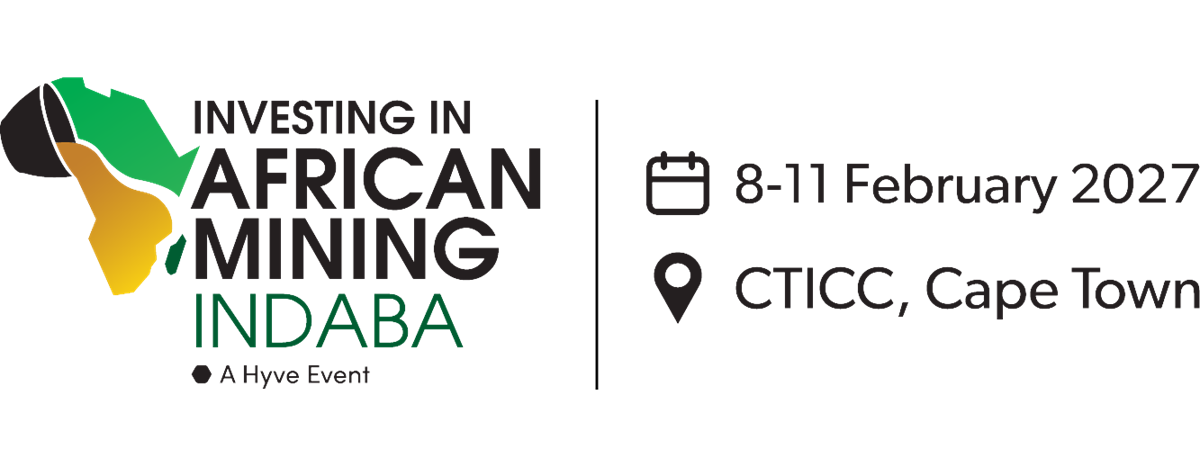
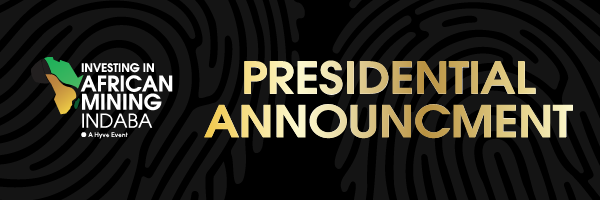
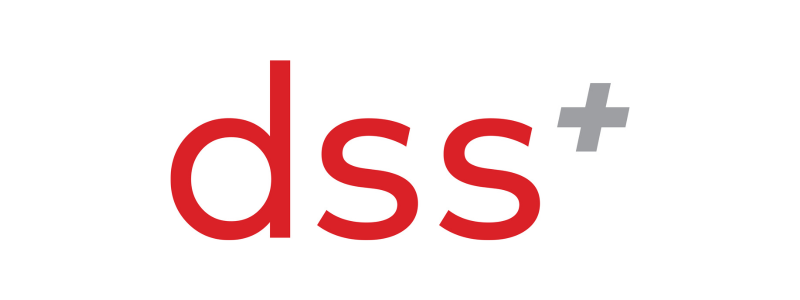
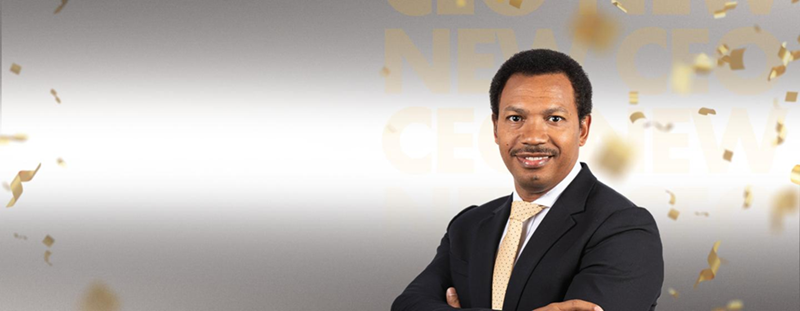
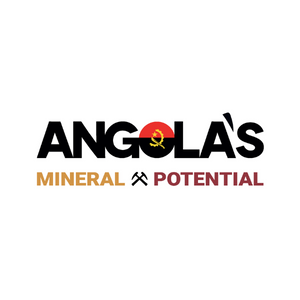
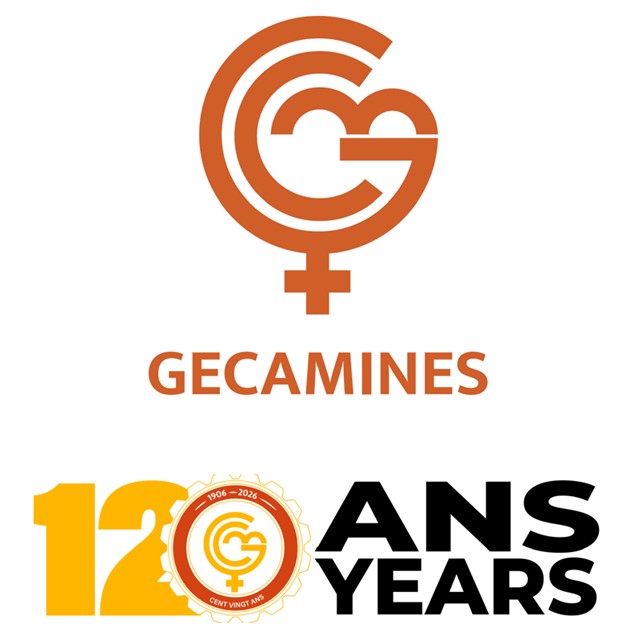
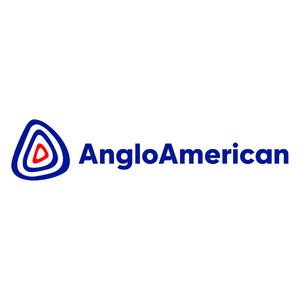
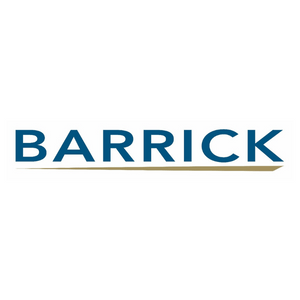
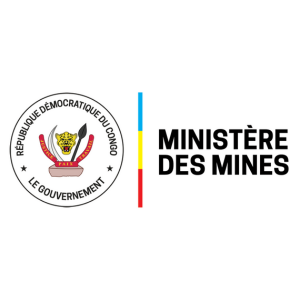
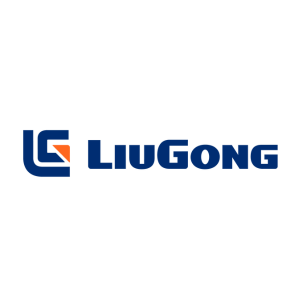
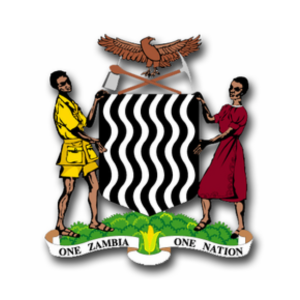

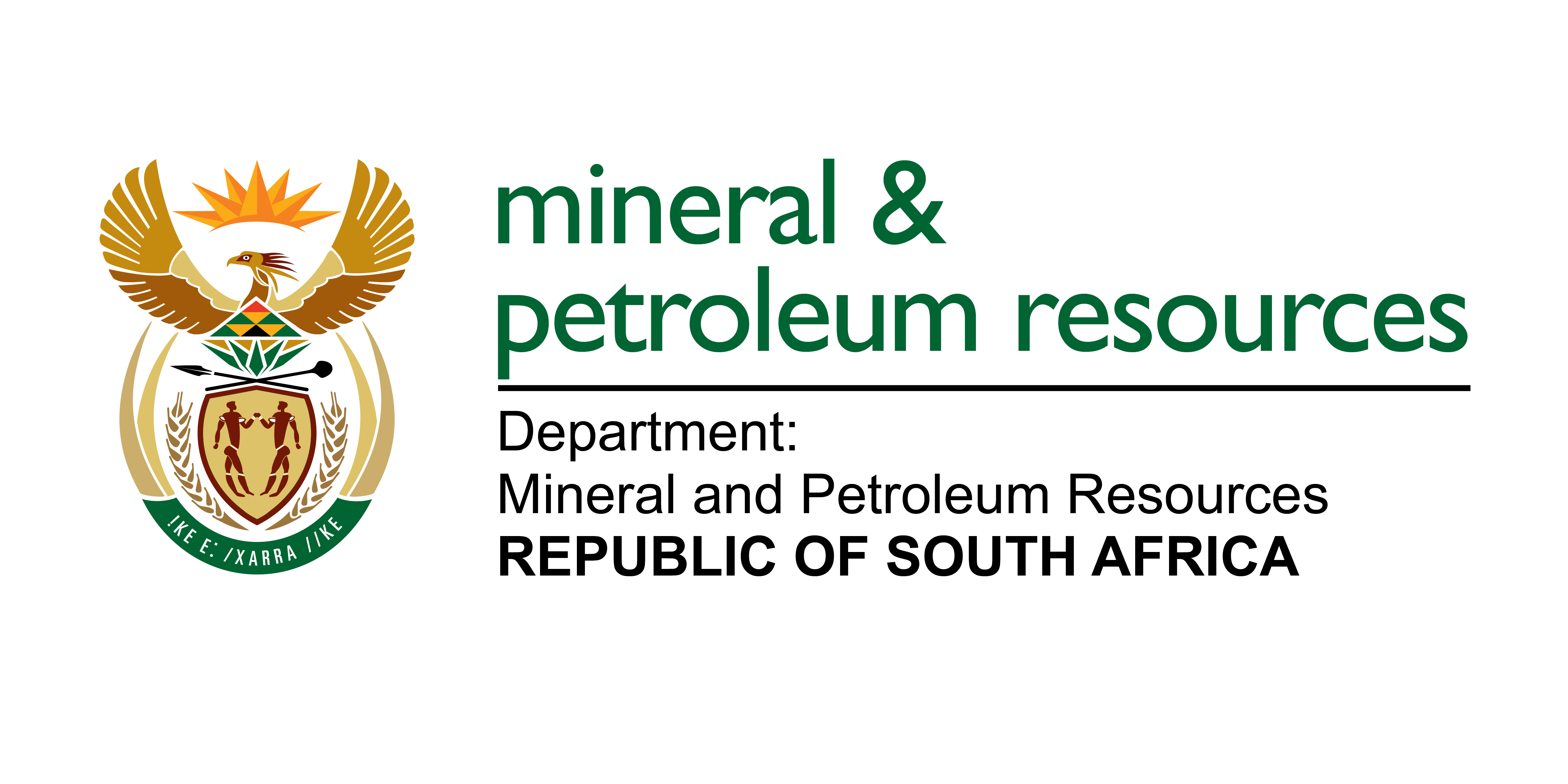-Logo_CMYK_1.jpg?width=1000&height=500&ext=.jpg)
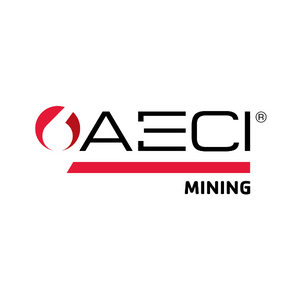
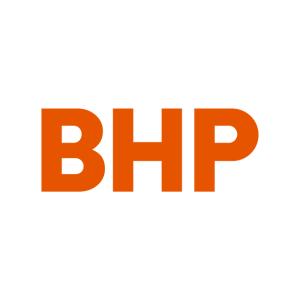
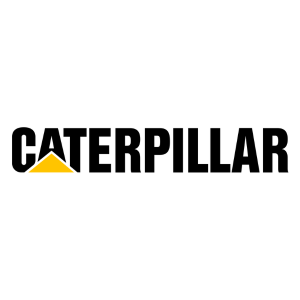
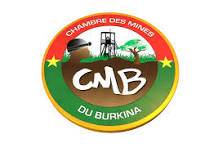
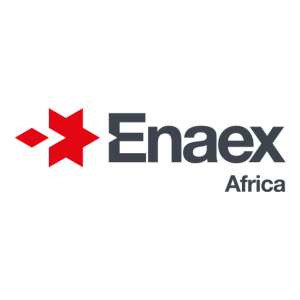
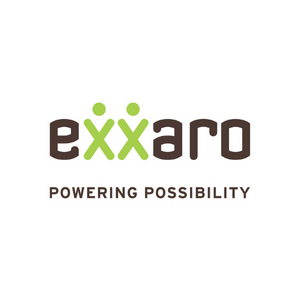
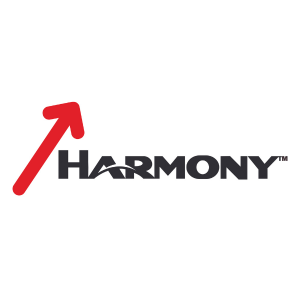
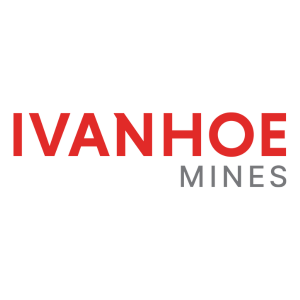
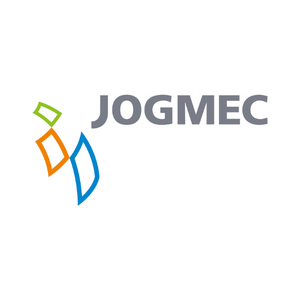
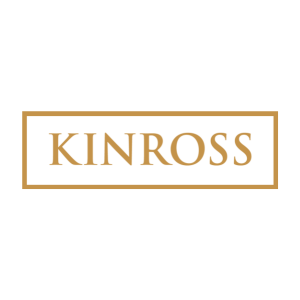
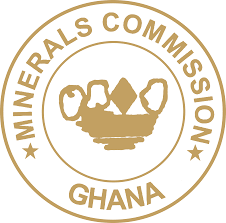
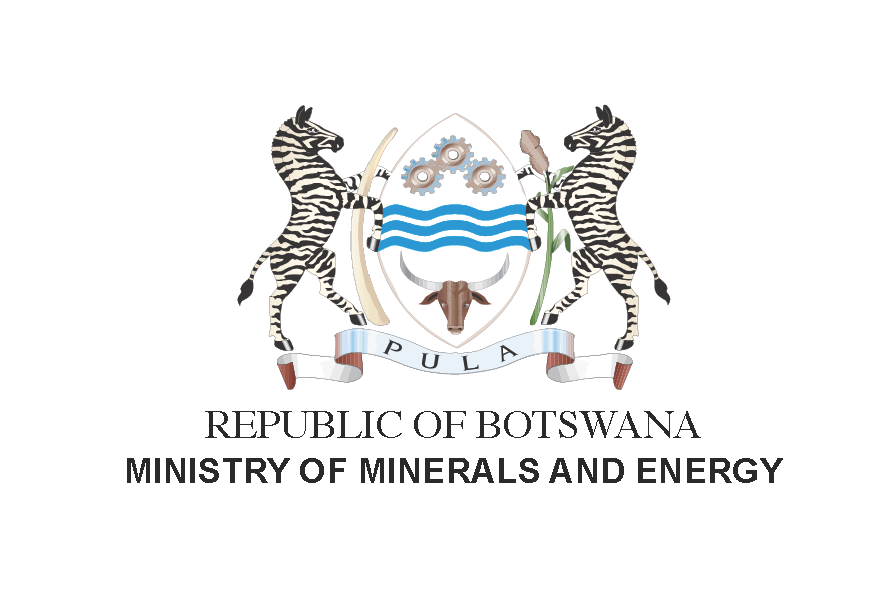.png?width=300&height=208&ext=.png)
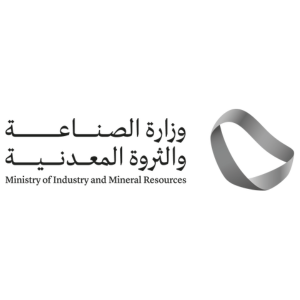
_mi25-weblogo.png?ext=.png)
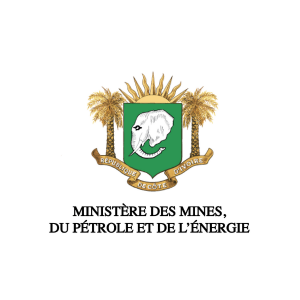
_1.png?ext=.png)

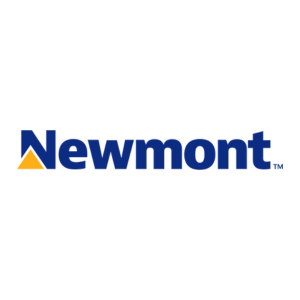
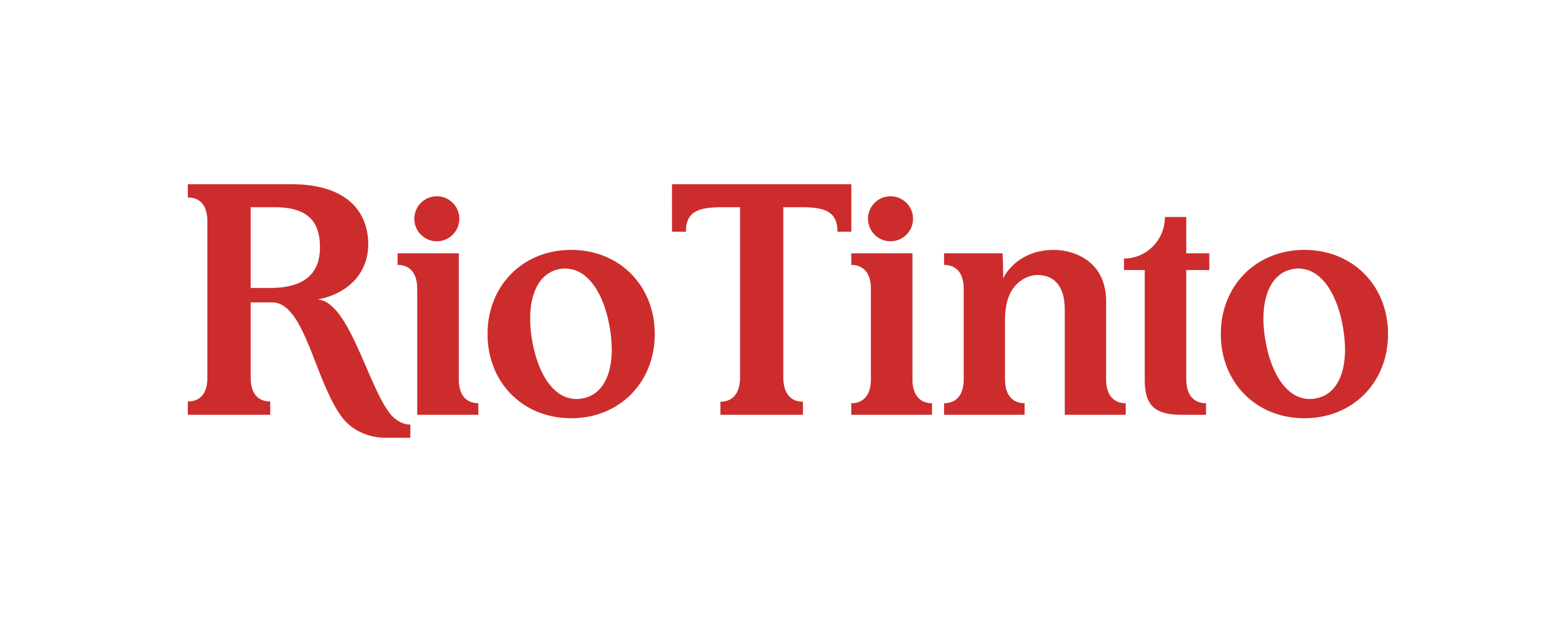

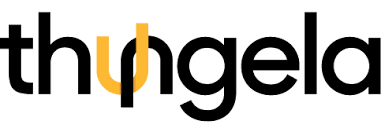
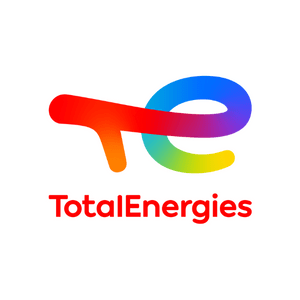
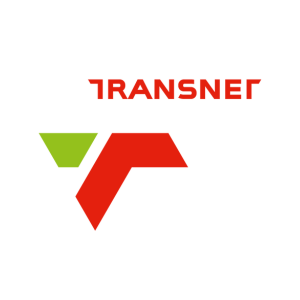
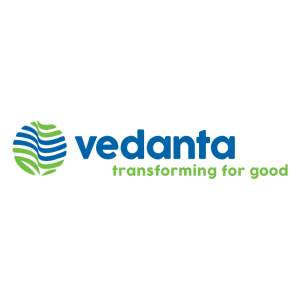

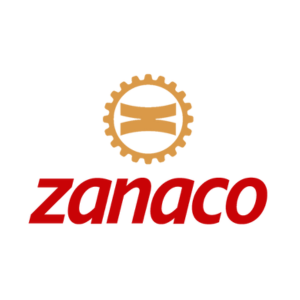
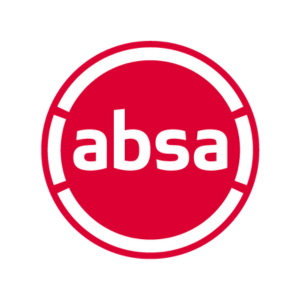
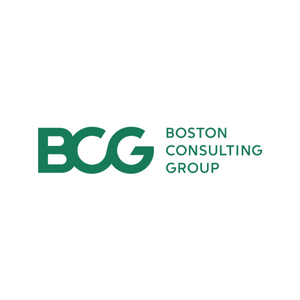
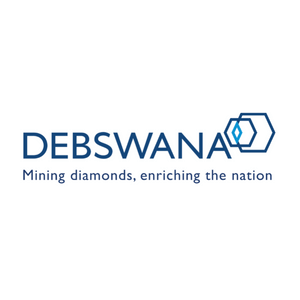



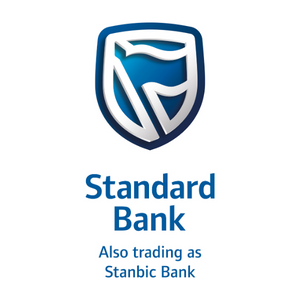


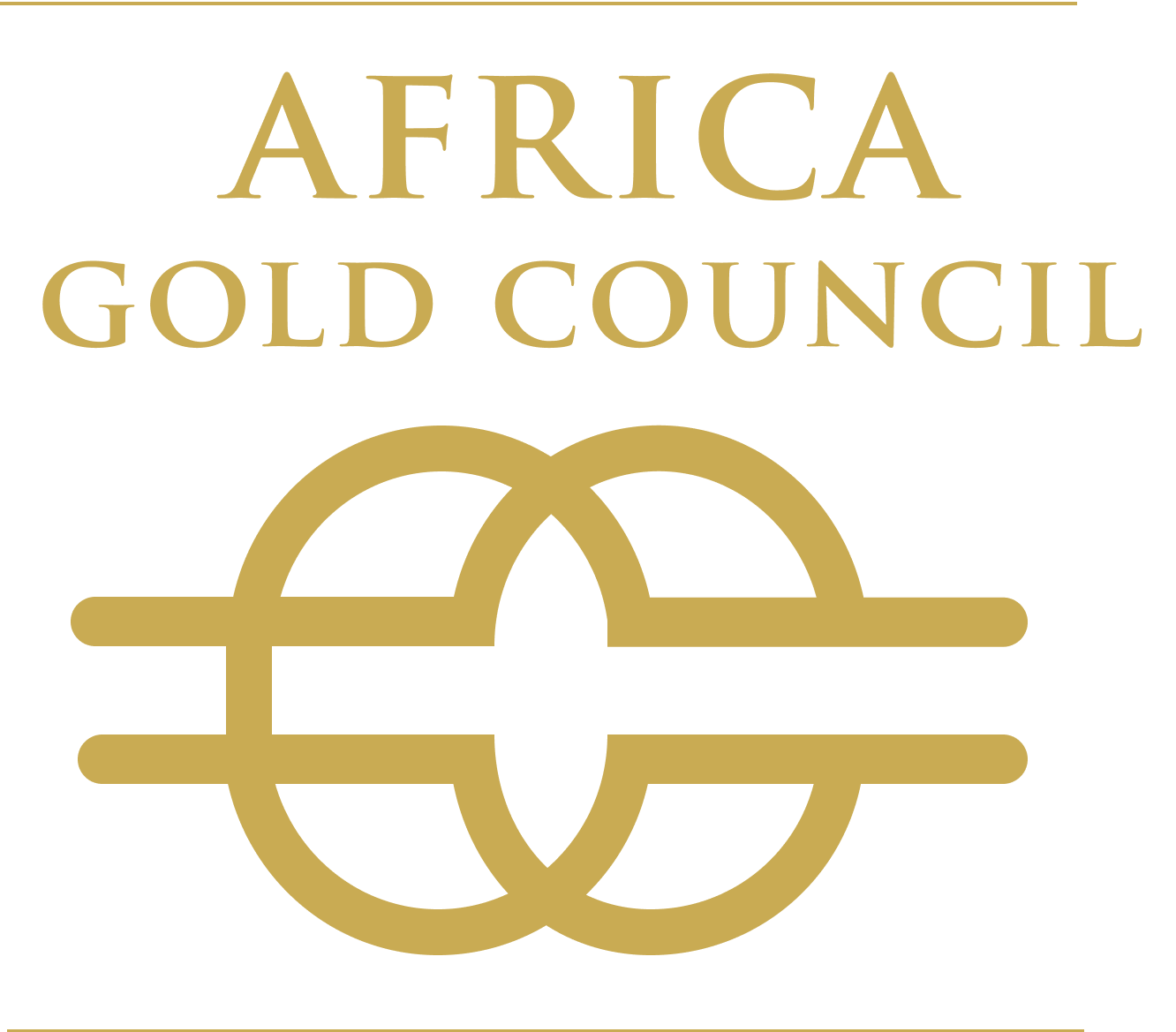
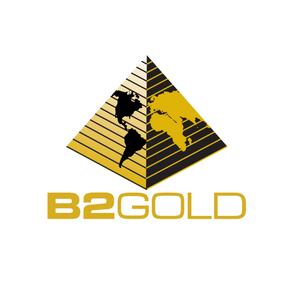
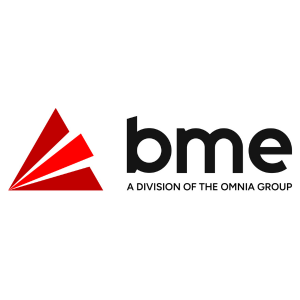


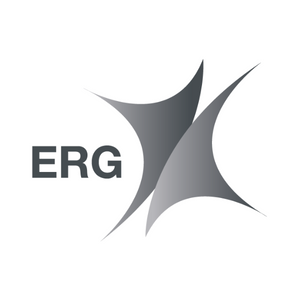





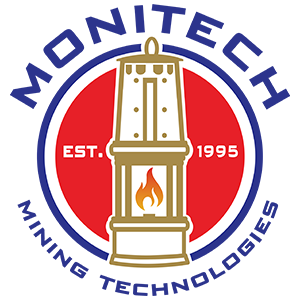

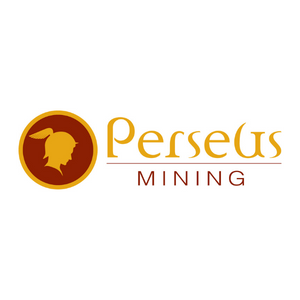
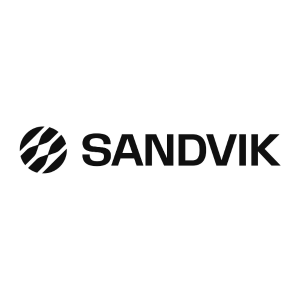

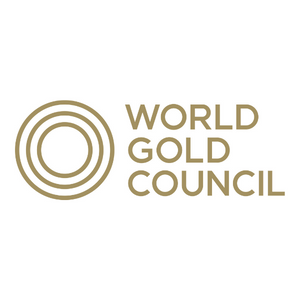
_logo.png?ext=.png)

_mi25-weblogo.png?ext=.png)

